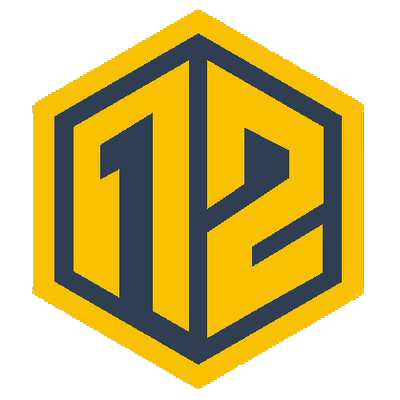Many people have heard of withdrawals that occur during a drug or alcohol detox, but what are they and where do they come from?
Detoxification (detox for short) is the first step in addiction recovery. It is essentially a physical treatment that makes room for the demands of the psychological work that comes with the beginning stage of sobriety. Often the only thing a person can do while in the detox process is focus on getting through it physically and mentally. More extensive cognitive and behavioral therapies will come later, but at the initial stage, the work is very acute.
A common reason the detox process is so consuming for an individual is the presence of symptoms that come from drug or alcohol withdrawals.
What Are Withdrawals?
When a person uses drugs or alcohol over an extended period of time, they are consistently introducing chemicals into their body. Often these chemicals exist already or the effects are handled by other natural biological processes. However, the human body is quite efficient. And in the case of drugs or alcohol, this is a problem.
When a person’s body gets its required chemicals from outside sources (in large quantities), their body will reduce its own natural production.
This means that the drugs or alcohol are replacing the natural process of supplying a body with the chemistry it needs to survive. It might sound like a nice thing, but it is not. It is what people refer to as “dependence.” This dependence becomes a prison with damaging effects that cross the spectrum of physical, behavioral, and psychological.

Cutting the Flow
Beyond that, if a person stops consuming a narcotic or alcohol those necessary chemicals are gone (like in the case of a detox). This is where withdrawal symptoms come in. When a person’s body is deprived of the substances it is dependent on, there are physical consequences.
So the physical detox process involves both ridding the body of the substances AND reorienting itself back to its natural state of self-regulation.
Every drug affects the body differently. The type of withdrawal symptoms a person experiences will depend on the type of drug, the quantity, and the amount of time they used.
Withdrawals
Typical physical withdrawal symptoms include headaches, chest pain, vomiting, nausea, racing heartbeat sweating, dizziness, difficulty breathing, skipped heartbeats, palpitations, nausea, vomiting, diarrhea, stomach aches, muscle tension, twitches, tremors, shakes, muscle aches, and more.
However, if the drug or alcohol use was over a long period of time with larger amounts, the symptoms can be more serious, such as seizures, strokes, heart attacks and hallucinations.
People may also experience mental withdrawal symptoms. Anxiety and depression are common mental symptoms for anyone going through the withdrawal process. People may also have problems falling and staying asleep. Additionally, it is common for people to experience cognitive problems such as poor memory and poor concentration.
Is Detox Necessary?
People suffering from substance use disorders will require time to restore their body to its normal functioning. They will require rest, nutritional replacement, rehydration and more, and it’s not an overnight process.
A professional detox means licensed technicians are on-hand monitoring the detox process. The priority for a detox staff is to ensure safety and comfort in this stressful time. Mitigating the physical side of the adverse effects of withdrawals is absolutely necessary so each individual can have the wherewithal to engage the psychological aspect of this stage of recovery.
At a licensed facility like SoCal Detox, you will also receive counseling, further testing, and preparation for the next step of recovery with our unique DCAP program. Detox and managing withdrawals can be a challenging process, but with professionals who help along the way and an environment that is comfortable and supportive, the chances of full success are much higher.
If you or your loved one are looking for a licensed, safe, and comfortable detox facility, call one of our addiction specialists today: 888-590-0777.




